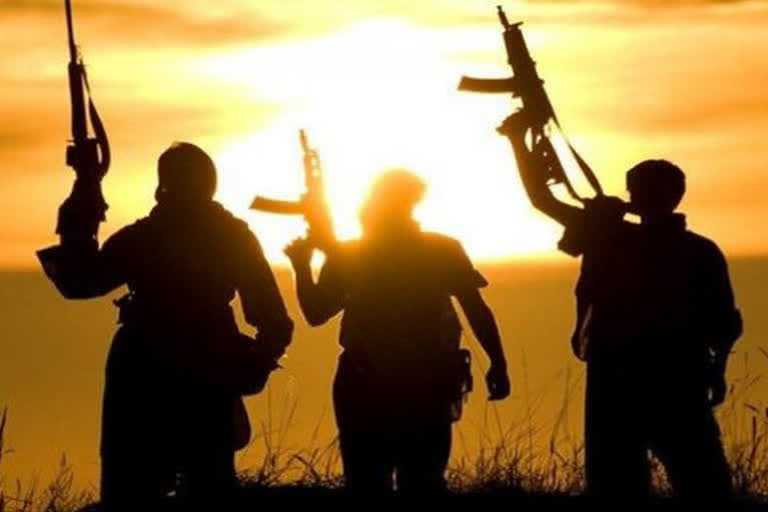New Delhi: From hazy beginnings before 2015, how the Afghanistan-headquartered Islamic State-Khorasan (ISIS-K or ISK)—responsible for Thursday’s devastating blasts at Kabul’s Hamid Karzai airport—rose so rapidly right under the nose of the US-led Coalition forces, Afghanistan government and the rampaging Taliban is a matter that needs serious scrutiny.
But even more intriguing is the sourcing of funds for the ISIS-affiliate, the initial seed-money for which came from the parent Islamic State in Syria and Levant (ISIS) but later the ISK was asked to finance itself after funds for ISIS began to run scarce.
That was when it fought for control over smuggling across the vital Khyber Pass. Even in Kunar province, the talc mines and timber resources have been a good source of funds for the outfit.
Read: ISIS (K) gets its explosives from Pak’s Quetta, Peshawar
But according to the estimate of an expert who is quoted in a report by the Kabul-based Afghan Institute for Strategic Studies (AISS), one of Afghanistan’s leading think-tank, in just a year after it was set up, ISK raised nearly US$271 million (about Rs 2,000 crore) in 2016.
The amount came from “a mix of private donors (approximately US$120 million), ISIS in Syria and Iraq (approximately US$78 million), Arab Gulf states (approximately US$40 million), and ‘Zakat’ (religious taxes) (approximately US$33 million).
Among the leading facilitators of this fund for the ISK was a NGO named ‘Nejaat Social Welfare Organization’ (Nejaat) that was put on the sanctions list by the US on Nov 18, 2019. The NGO “materially assisted, sponsored, or provided financial, material, or technological support for, or goods or services to or in support of, ISIS-K”.
The report adds: “An ISIS-K recruiter worked at Nejaat and recruited ISIS-K fighters in Kabul and arranged for their travel to Nangarhar Province.”
Used as a cover company to facilitate the transfer of funds and support the activities of ISIS-K, in 2016-end, “Afghan leaders of ISIS-K held planning meetings under the cover of a Salafi solidarity meeting sponsored by Nejaat. Executive members of Nejaat and prominent Salafi leaders in Afghanistan led the meeting, some of whom were financial supporters of Nejaat.”
Nejaat was instrumental in collecting donations on behalf of ISIS-K from individuals in Qatar, the United Arab Emirates, Iraq, and other Middle Eastern countries. “Money was then transferred from the Gulf to Asia—via the banking system—where an ISIS-K coordinator would collect the transferred funds. Nejaat’s offices in Kabul and Jalalabad distributed the funds to ISIS-K commanders.”
Read: US airstrike targets ISIS-K 'planner' after deadly Kabul airport attack
Among the men who ran Nejaat was the Kuwait-based Sayed Habib Ahmad Khan, who was Nejaat’s director, and Rohullah Wakil, an executive member of Nejaat.
Among other key men who worked to garner and facilitate funds for ISK was the Maldives-based Mohamad Ameen, who was asked by ISK to also look after the digital media operations of the organization. Ameen also recruited fighters for the IKS from Maldives.
Till at least April 2019, Ameen was involved in organizing about ten recruitment sessions every week in Malé. Starting off by recruiting fighters for Syria, Ameen later began sending recruits only to Afghanistan.
Another important figure involved in recruitment is a former Lashkar-e-Toiba terrorist Abdul-Faeq Khorasani who had operated in Kashmir in 1998 before travelling to Syria. He is believed to be the first to have raised the ISIS banner in Kunar.



